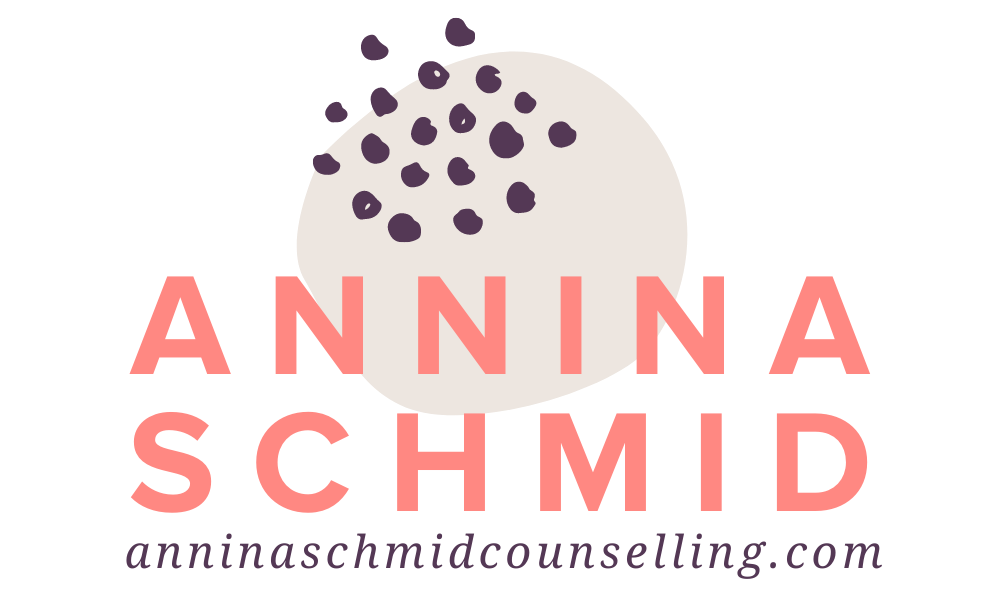In this free webinar, Sonia Seguin and I explore how she managed to not only survive her eating disorder, but become a helping champion in the field through founding Body Brave with her mother, family physician and therapist Karen Trollope-Kumar.
With a unique combination of cutting-edge projects, sensitivity to minority-specific matters and heartfelt, free-of charge, online and in person community support, Sonia and Karen are working hard at making recovery available to anyone ready to heal.
No wonder that their Instagram following has exploded to over four thousand people in recent months!
In addition to aaaaaall the questions Sonia is answering in our webinar, she was kind enough to consider the following five, which I hope are of particular interest to you.
Sonia, if you could address the readers of this newsletter in a three sentence mini speech, what would you tell them?
Eating disorders are not always visible or diagnosable based on someone's appearance - they don't discriminate and can affect anyone regardless of age, gender, sexual orientation, weight, ethnic background, etc. Let's examine the systemic bias against eating disorders and stop blaming individuals by suggesting that disordered eating is a "lifestyle choice": To understand eating disorders and to support eating disorder recovery, we need to recognize them as a societal issue.
What would you tell a professional who has been working with a client with an eating disorder, but feels progress is slow and might even question their ability to work with eating disordered clients?
Just because one type of treatment didn't work doesn't mean your client is a hopeless case. Definitely don't give up on someone with an eating disorder, even if progress feels slow. Recovery takes time, and that's ok. You never know what might help someone and there are always plateaus and breakthroughs.
And if you could add a thing, system, thought or service to the average eating disorder treatment process, what would it be?
Community support and peer support. These can be incredibly important parts of recovery, as oftentimes an eating disorder is an excruciatingly lonely experience, even for people who are already in treatment.
Which free of charge online supports does Body Brave offer, and how can we access them?
We currently offer online treatment groups as well as online educational workshops. We can take up to 20 people per group. Anyone interested can find out more about our services and how to access each of them here.
Which question would you ask yourself in addition to these questions, and what's your answer to it? :)
I would probably ask about the first-of-its-kind virtual body image conferencethat we are currently working on with NIED and you, Annina, as partners. I would tell people they should save the date for October 4th, 5th and 6th, and would also encourage anyone who'd like to get involved to get in touch. It will be wonderful and exciting, and people can follow us on Instagram @bodypeaceconference!
If you’d like to learn more about Sonia’s own recovery journey and how she ended up founding the non-profit of her dreams, feel free to watch our free webinar here: Ed Recovery Success - From Survivor To Helping Champion
